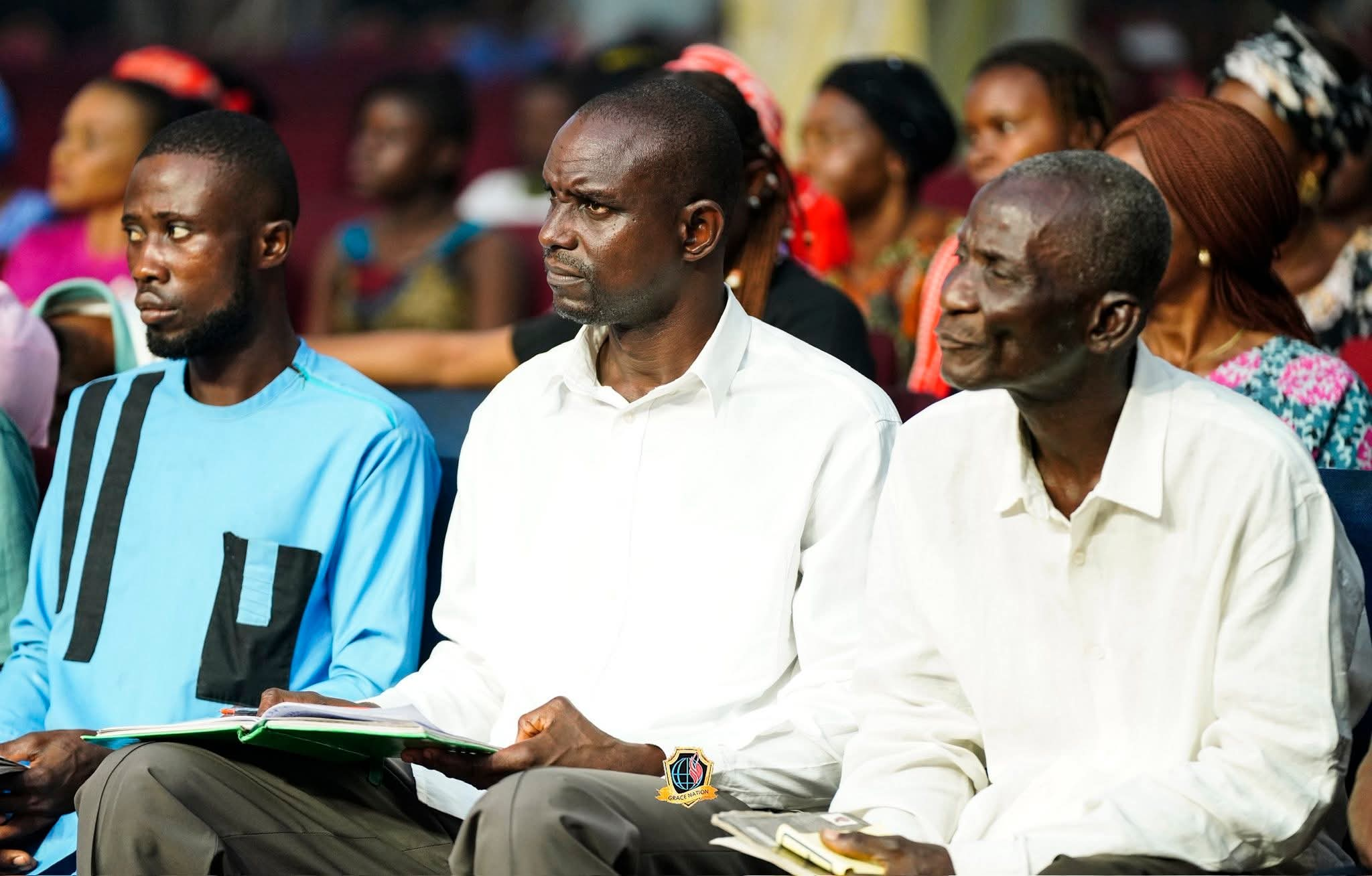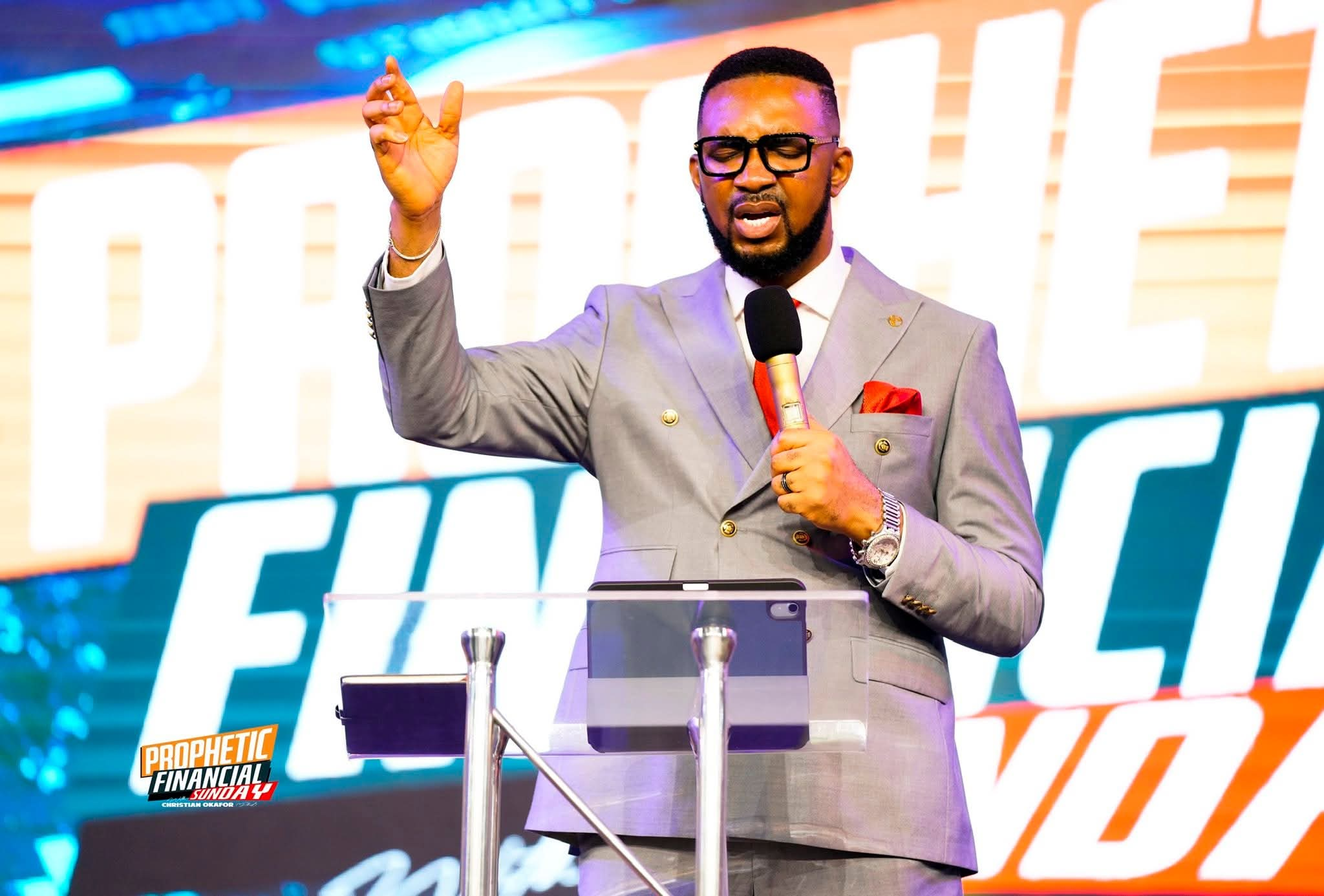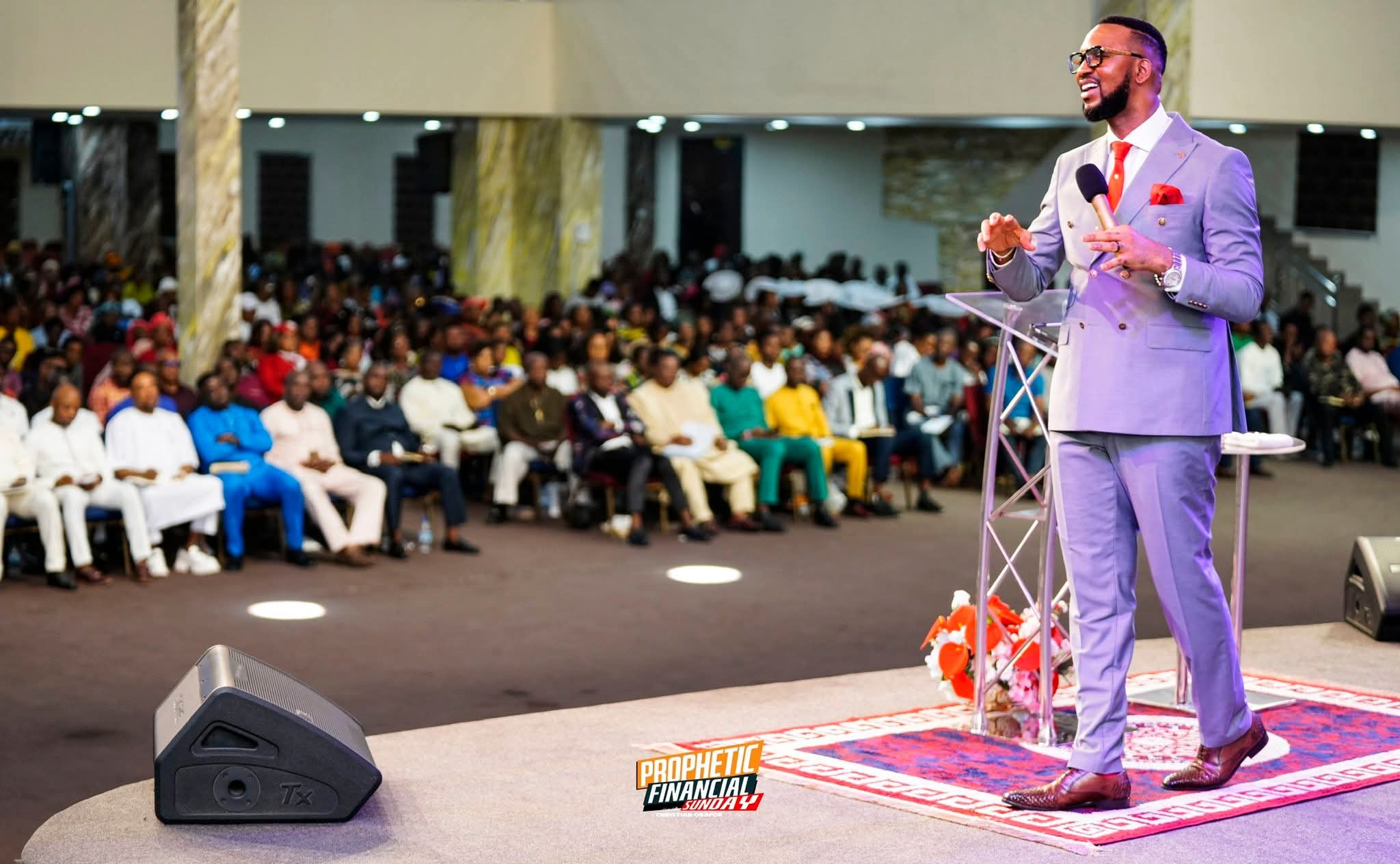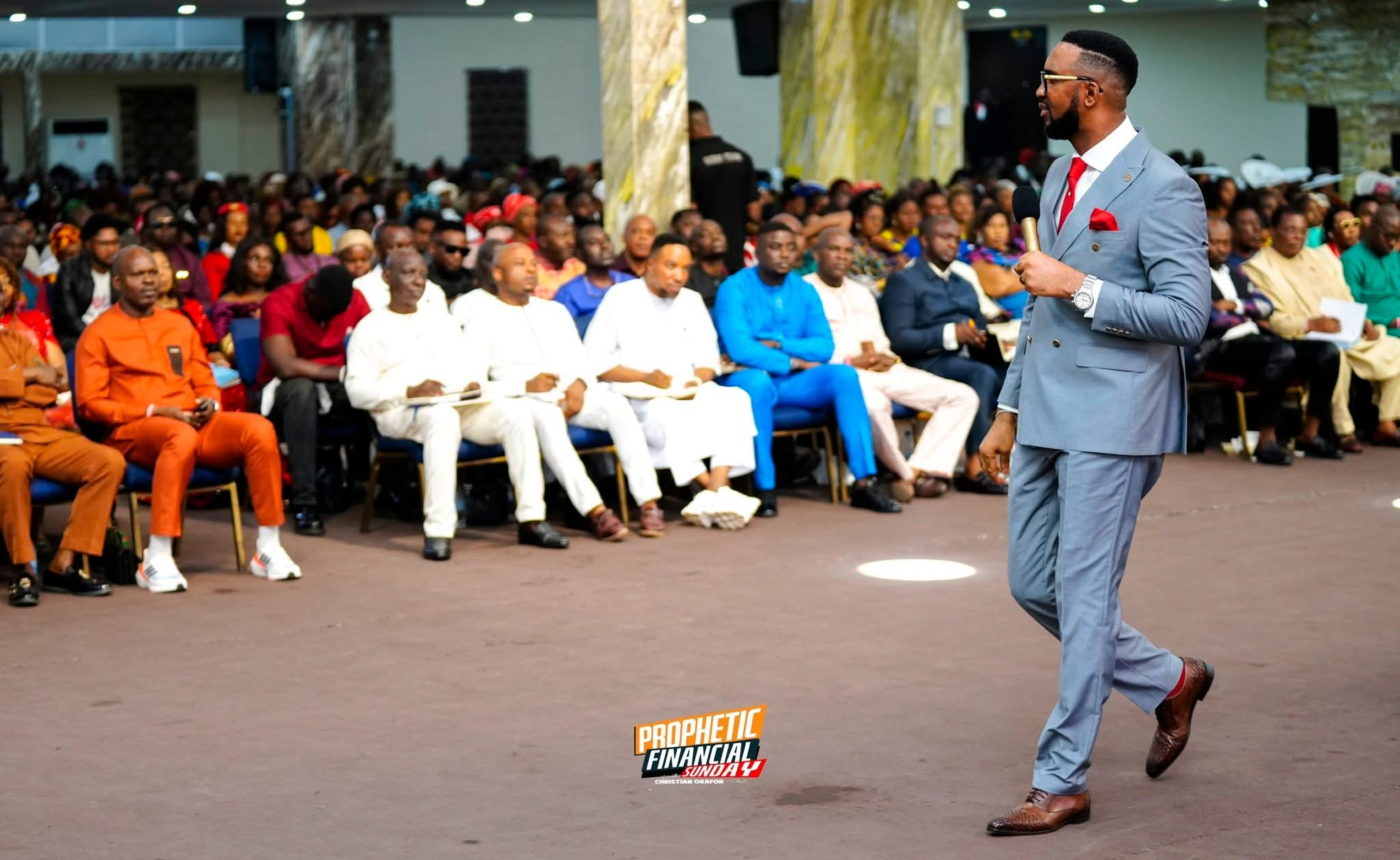celebrity radar - gossips
Subscription for DSTV and GOTV may increase from September 2021

Subscription for DSTV and GOTV may increase from September 2021
Rapheal Akinwunmi
Multichoice Nigeria will increase subscription fee across all its DSTV and GOTV packages from semptember 2021.
A source close to the company revealed that subscription prices may increase by about 10% with premium package going as high N21,000, Compact Plus will go above N14,000 and GOtv Max subscription jumping to slightly above N4000, once the new price takes effect.
This is not a lone occurrence for Nigerian subscribers, as Multichoice has increased the subscription charges in other African countries over the last 6 months. This week, Ghana, Malawi, and Tanzania announced a new price regime from September 1.
MultiChoice Ghana’s latest increase is coming just 6 months after its last price hike. MultiChoice Ghana gave no reasons to its customers or the media for its latest price hike. From September 1, DStv Premium will rise by 5.6% from GHS369 (R913) per month to GHS390 (R965) per month, DStv Compact Plus by 5.26% from GHS228 to GHS240, while DStv Compact will increase by 5.2% from GHS152 to GHS160.
MultiChoice Tanzania equally announced a 5 – 9 percent increase on its DStv subscription charges on all bouquets with effect from September 1, but didn’t provide its customers with any reason. According to the reports and text messages sent to subscribers, the Premium bouquet will now cost Sh145,000 (formerly Sh139,000), the Compact Plus tariff plan will cost Sh93,000 (formerly Sh89,000), while the Compact tariff plan will cost Sh51,000 (formerly Sh49,000) for monthly subscriptions.
Just last week, MultiChoice Kenya announced price increases ranging from 5 to 9 percent for DStv and GOtv customers, effective September 1, 2021. Customers on the Premium tariff will pay KES 8,400 per month (formerly KES 7,900), the Compact Plus will increase from KES 4,800 to KES 5,100, while Compact will increase from KES 2,650 to KES 2,800. DStv Family will now cost KES 1,500 (from KES1380) while DStv Access will cost KES 1,050 (from KES1 000). Similar increases are also seen across the GOtv packages.
Multichoice Uganda also announced a 6 percent increase in subscription prices for all packages.
In South Africa, a 1 – 6 percent price increase took effect on Thursday 1 April 2021. Premium, Compact, and Compact Plus subscriptions were increased by R10 monthly to become R829, R409, and R529 respectively. The DStv Family package went up from R279 to R295, while DStv Access increased from R110 to R115.
Despite the probe by the Nigerian Senate in 2016, over alleged unwholesome practices and unreasonable subscription hikes, Multichoice Nigeria still makes price adjustment a yearly ritual. The company has hiked its subscriptions by an average of 31% in five years.
In 2020, the pay-TV increased subscription price twice within a space of three months. Recall that there was a price increase in June 2020 (to reflect a 2.5% VAT) and another 9 – 14 percent increase in subscription prices in August 2020. The 10 – 14% increase across board from September 2021, is coming exactly one year after the last one.
Although Multichoice Nigeria is yet to make an official announcement to this, this is the same trend experienced last year before the charges were increased in Nigeria and Nigerians are not happy about what is now seen as an annual price hike.
“This appears to be a yearly affair. Last year, there was an increase and now again? If this actually happens, I might have to look for an alternative source of entertainment. I mean, how much television do I watch in a month that I should be spending as much as N20,000 on premium subscription?”, Mr. Henry Ojei, a DStv subscriber in Lagos said.
“Going at this rate, Multichoice might be asking people to spend as much as half their salaries on pay-TV subscriptions in the coming years. Who knows? Salaries do not increase on an annual basis so why should Multichoice increase its charges every year? Maybe there is a class of consumers that they are out to serve, but it doesn’t look like the average Nigerian worker is part of this”.
Another subscriber bemoaned his decision to buy the DStv decoder during the decoder slash price in July, stating that it now seems like the promo was a strategy to reel in more customers before announcing this increase.
Multichoice appears to have an annual tradition of hiking prices, after doing some sort of promotion to get in more customers. The first subscription fee increase was in September 2009, and the next came in April 2011 (8 to 12 percent hike). August 2012 had a 10% increase in all its bouquets, and August 2015 brought a 20% increase in all its bouquets.
There has been at least one price hike in subscription fees every year and the result is that most of the packages have almost doubled since then. For instance, DStv Premium has gone N9,000 in 2009 to N18,400 in 2020. This is over 100 percent cumulative price change already. The new price which takes effect in September 2021 will bring the price to N20,902, a total of 132 percent price hike in 12 years.
Reacting to the last increase in August 2020, commentators had said the DStv price increase would put more pressures on subscribers who were managing to sustain themselves amid the Covid-19 pandemic, causing some of them to downgrade to lower packages.
The reaction from Simon Camerer, Chief Operating Officer for MultiChoice, that customers should negotiate a ‘long-term contract’ rather than the monthly plans, to save themselves some money is in itself a pointer that Multichoice might keep on with this annual price hike in the coming years
celebrity radar - gossips
E‑Money’s Grand Gesture: A Closer Look at the SUV Gift to Chinedu “Aki” Ikedieze

E‑Money’s Grand Gesture: A Closer Look at the SUV Gift to Chinedu “Aki” Ikedieze
By George Omagbemi Sylvester | Published by SaharaWeeklyNG
“Public Generosity, Celebrity Loyalty and the Symbolism of Wealth in Nigeria’s Entertainment Elite.”
On Tuesday, February 17, 2026, Nigerian billionaire and entrepreneur Emeka Okonkwo, widely known as E‑Money, once again captured national attention with a lavish and highly publicised act of generosity, gifting a brand‑new 2024/2025 Ford SUV to veteran Nollywood actor Chinedu Ikedieze, affectionately called Aki, during his high‑profile birthday celebration.
The event, held in Lagos amidst a constellation of entertainers, business figures and socialites, was itself part of an annual tradition in which E‑Money marks his birthday (on February 18) with large‑scale giveaways and spectacular shows of material philanthropy. This year, he announced the gift of over 30 cars to friends, staff and family, a gesture that quickly went viral as videos and images circulated across social media platforms.
In the case of Ikedieze, E‑Money’s gift appeared to be deeply personal. During the festivities, E‑Money stood beside his elder brother, Grammy‑nominated musician KCee and recounted how Ikedieze stood by him at his 2007 wedding. The billionaire explained that the SUV was a “token of appreciation” for the enduring support the actor had shown over the years which is a narrative that blends friendship with public celebration.
Ikedieze, a Nollywood staple with a career spanning more than two decades and over 150 film credits, including the iconic Aki na Ukwa franchise, visibly reacted with humble surprise as he received the vehicle, bowing his head in respect and gratitude. The actor later shared the moment on his Instagram account with a caption celebrating the gift, further fuelling online engagement around the event.
Beyond the spectacle, this incident underscores evolving dynamics in Nigerian celebrity culture and the intersection of wealth, influence and reciprocity. Sociologist Dr. Chinedum Uche of the University of Lagos, speaking on the broader implications of such high‑profile gifts, notes: “Philanthropy that is highly publicised can reinforce social bonds, but it also reflects a culture where generosity is intertwined with reputation economy; where giving becomes as much a social signal as it is an act of kindness.” The quote highlights how public acts of wealth transfer among elites serve layered social functions that extend beyond pure altruism.
Critics of such displays argue that ostentatious giveaways, particularly in a country with stark economic disparities, risk amplifying social envy and exacerbating perceptions of inequality. Economist Dr. Ifunanya Nwosu from the Lagos Business School observes: “In societies marked by economic stratification, celebrity largesse may inspire admiration, but it can also inadvertently highlight structural inequities; prompting questions about systemic investment in public welfare versus individual generosity.”
Still, supporters maintain that E‑Money’s annual tradition (which has in past years included cash gifts to his brother KCee, comedians and even domestic staff) reflects genuine gratitude and a commitment to uplifting his immediate circle, albeit within the private sphere.
For Ikedieze, the SUV stands both as a heartfelt gesture from a longtime friend and a public affirmation of their enduring relationship. As the video of the moment continues to circulate, the broader narrative has ignited discussions about the role of private wealth in public life, celebrity culture and how acts of giving are interpreted in contemporary Nigerian society.
In a landscape where influence and generosity often play out in equal measure on public stages, E‑Money’s gift to Aki is more than a headline, it is a flashpoint in ongoing debates about wealth, friendship and visibility in Nigeria’s entertainment and entrepreneurial ecosystem.
celebrity radar - gossips
Spiritual Reality: Wicked People Are Possessed by Wicked Spirits — Dr. Christian Okafor
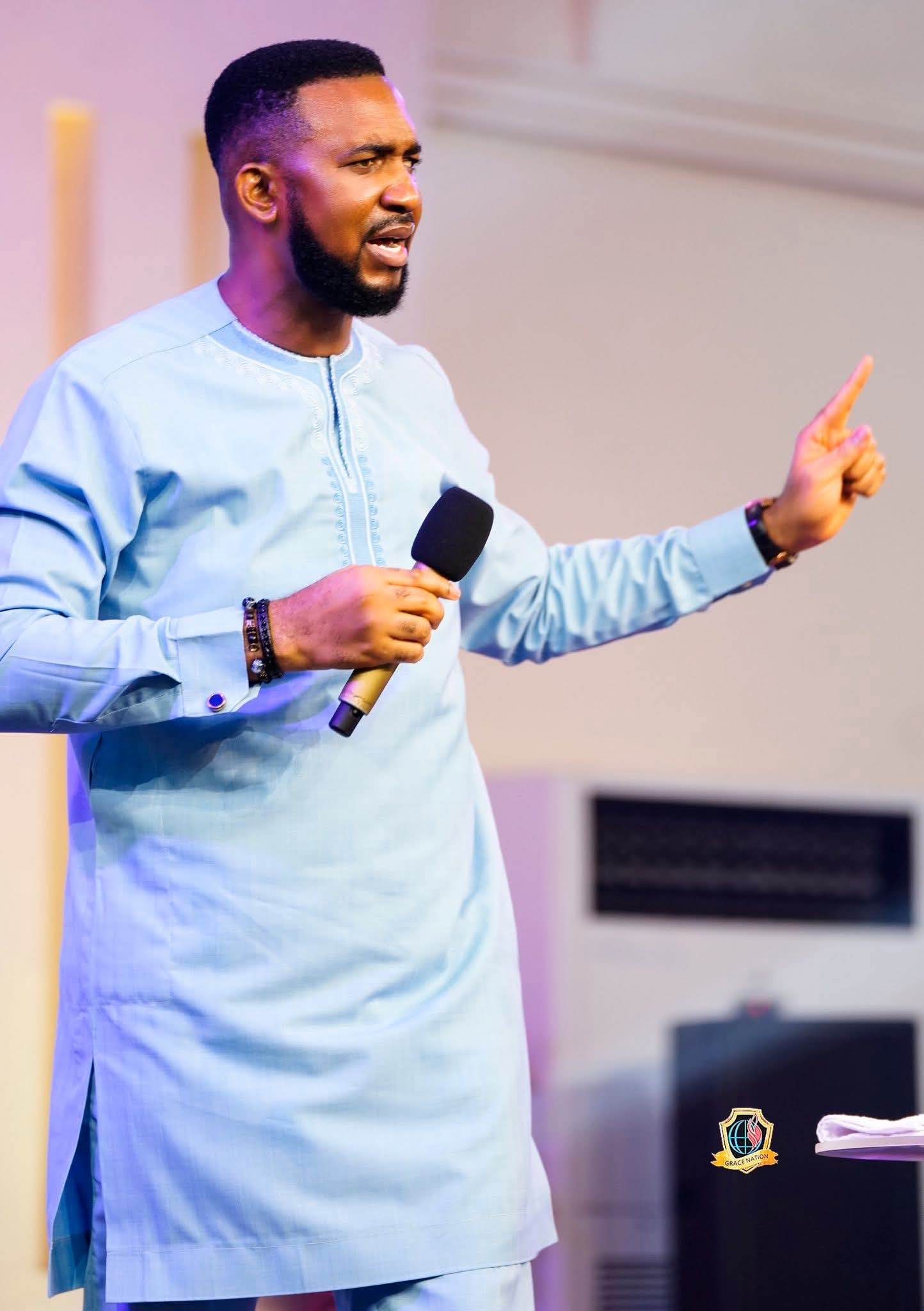
Spiritual Reality: Wicked People Are
Possessed by Wicked Spirits — Dr. Christian Okafor
…..“You don’t need to offend them before they attack you.”
…..“Your only true help comes from God.”
Demons are strategic and calculating. They detect threats quickly and position themselves to resist any power that may expose or overpower them.
According to the Generational Prophet and Senior Pastor of Grace Nation Global, Christian Okafor, spiritual intelligence operates both in light and in darkness—and believers must understand this reality.
Dr. Okafor delivered this message on Thursday, February 19, 2026, during the midweek Prophetic, Healing, Deliverance and Solutions Service (PHDS) held at the international headquarters of Grace Nation Worldwide in Ojodu Berger, Lagos, Nigeria.
The Operations of Demons
Teaching on the subject “Spiritual Reality” with the subtitle “Operations of Demons,” the Man of God explained that when demons possess individuals, their behavior changes. Such people may attack, bully, or resist those sent by God to help them, unknowingly rejecting divine assistance and prolonging their struggles.
“You don’t need to offend a demon before it attacks you,” he said. “What you carry is enough to provoke opposition. The greater your potential, the greater the battle.”
Dr. Okafor noted that many believers misinterpret battles as signs that God has abandoned them. However, he explained that some battles are permitted for growth, training, and divine glorification.
According to him, God may allow certain confrontations so that believers understand spiritual warfare and emerge stronger.
“Some battles are necessary,” he emphasized. “They push you into your turning point.”
He further stated that God does not respond to lies, blackmail, or bullying. He responds to His Word. Therefore, opposition is not proof of God’s absence, but often evidence of destiny at work.
The Weapon Against Demonic Attacks
Addressing solutions, Dr. Okafor described prayer as the strongest weapon against satanic operations.
“Prayer is the license that invites God into your battles,” he declared. “God does not intrude—He responds to invitation.”
According to the Apostle of Altars, understanding the principles and discipline of prayer enables believers to receive divine strategies for overcoming demonic resistance. Without prayer, he warned, spiritual help cannot be activated.
“You cannot receive help without God,” he concluded. “And you cannot engage God without prayer.”
Manifestations at the Service
The midweek gathering was marked by a strong move of the Spirit, with testimonies of deliverance, miracles, restoration, and solutions to various challenges presented before God. Several individuals reportedly committed their lives to Christ during the service.
celebrity radar - gossips
Kingdom Advancement: God Does Not Confirm Lies or Gossip — He Confirms His Word .” — Dr. Chris Okafor
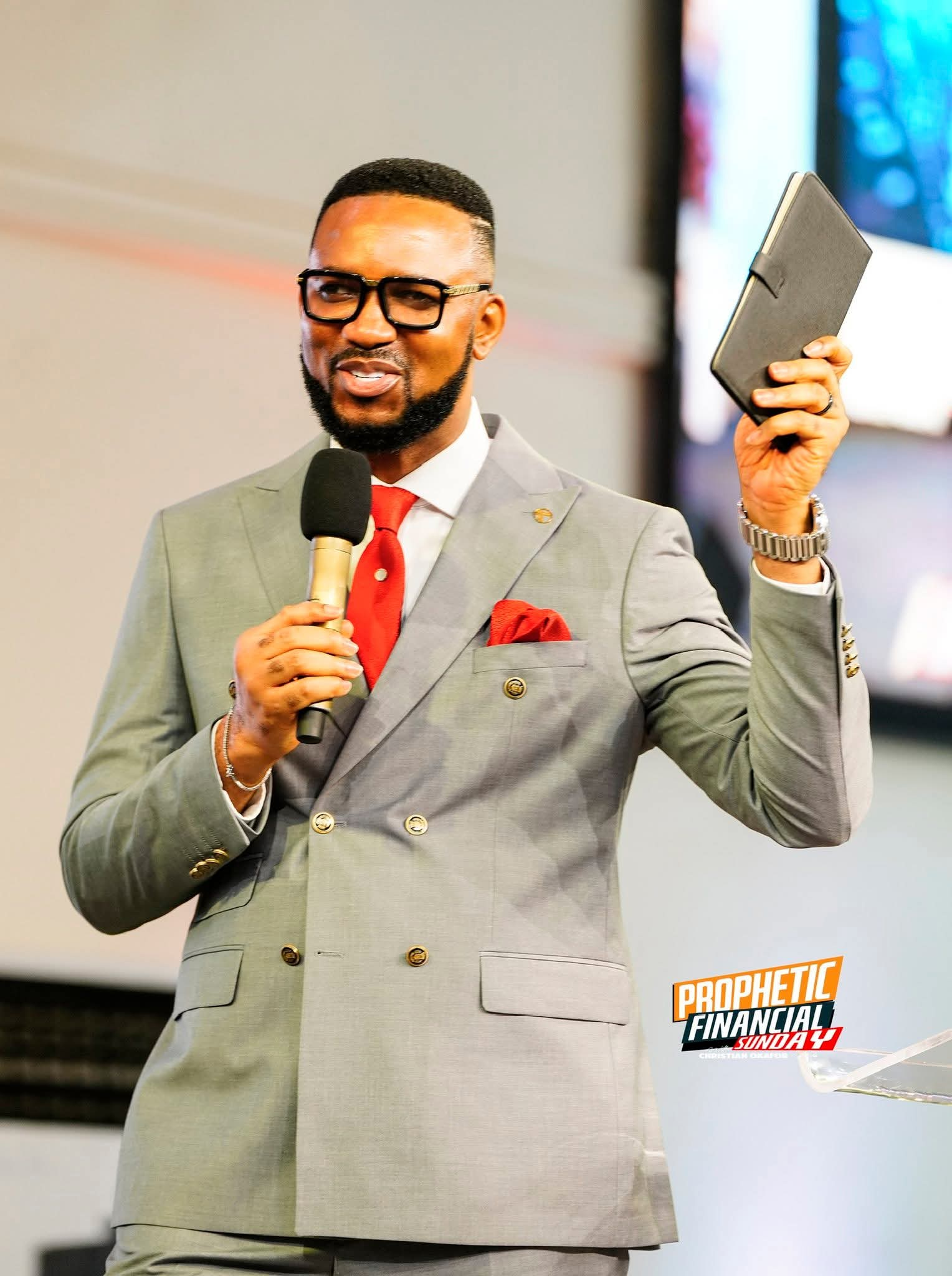
Kingdom Advancement: God Does Not Confirm Lies or Gossip—He Confirms His Word
“When Doing Business with God,
People’s Opinions Do Not Count.”
— Dr. Christian Okafor
The greatest investment any Christian can make is partnering with God. According to the Generational Prophet of God and Senior Pastor of Grace Nation Global, Christopher Okafor, when a believer commits to serving and advancing God’s kingdom, no barrier, lie, gossip, or blackmail can prevail against them.
This message was delivered during the Prophetic Financial Sunday Service held on February 15, 2026, at the international headquarters of Grace Nation Worldwide in Ojodu Berger, Lagos, Nigeria.
Doing Business with God
Teaching on the theme “Kingdom Advancement” with the subtitle “Doing Business with God,” Dr. Okafor emphasized that when a believer enters into covenant partnership with God, divine backing becomes inevitable.
“God is still in the business of covenant,” he declared. “When you make a covenant with Him, He honors the terms. When you win souls into the kingdom and remain committed to His work, He rewards you with what you could never achieve by your own strength.”
The Man of God stressed that God does not confirm lies, gossip, or negative narratives—He confirms His Word. Therefore, anyone genuinely committed to kingdom business should not be distracted by public opinion.
“No matter the blackmail or falsehood circulating around you, if you are focused on God’s assignment, those attacks will only strengthen you,” he stated.
He further noted that a believer’s understanding of God’s covenant determines their experience. “Your mentality about God’s covenant becomes your reality. When you truly know the God you serve, no devil can move you.”
Biblical Examples of Kingdom Partnership
Dr. Okafor cited several biblical figures who prospered through their partnership with God:
Abel
Abel served God with sincerity and offered his very best. His sacrifice pleased God, demonstrating that when a master is honored, he responds with favor.
David
David’s heart was fully devoted to God, and in return, God’s presence and favor rested upon him throughout his life.
Hannah
Hannah made a covenant with God, promising that if He blessed her with a child, she would dedicate him to His service. After fulfilling her vow, God rewarded her abundantly, blessing her with additional children.
Peter
Peter, a professional fisherman, surrendered his boat at Jesus’ request for kingdom work. Through that act of partnership and obedience, he experienced supernatural provision and divine elevation.
Conclusion
In closing, Dr. Okafor emphasized that one’s approach to God’s covenant determines the level of success and prosperity experienced. Commitment to kingdom advancement secures divine confirmation and supernatural results.
The Prophetic Financial Sunday Service was marked by prophetic declarations, deliverance, healings, miracles, restoration, and solutions to diverse cases presented before Elohim.
-

 celebrity radar - gossips6 months ago
celebrity radar - gossips6 months agoWhy Babangida’s Hilltop Home Became Nigeria’s Political “Mecca”
-

 society6 months ago
society6 months agoPower is a Loan, Not a Possession: The Sacred Duty of Planting People
-

 society5 months ago
society5 months agoReligion: Africa’s Oldest Weapon of Enslavement and the Forgotten Truth
-

 news6 months ago
news6 months agoTHE APPOINTMENT OF WASIU AYINDE BY THE FEDERAL GOVERNMENT AS AN AMBASSADOR SOUNDS EMBARRASSING



